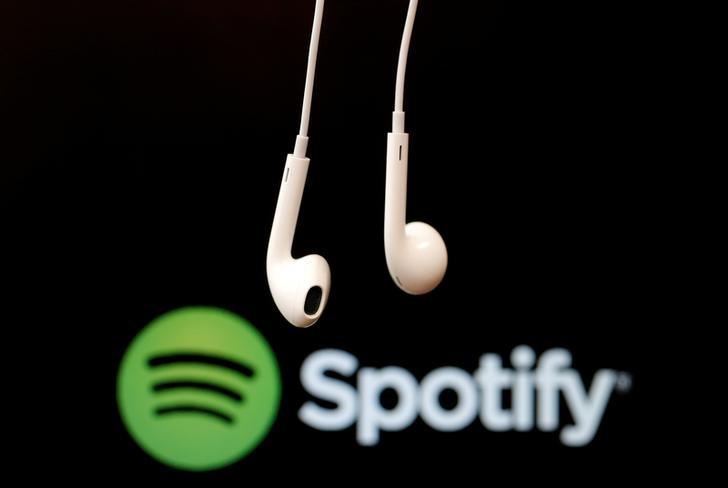Spotify will be adding content advisories to podcast episodes in an effort to combat misinformation about COVID-19, the company’s chief executive officer, Daniel Ek has announced.
In a blog post published on Jan. 30, the Swedish audio streaming service said it was “working to add a content advisory to any podcast episode that includes a discussion about COVID-19.”




